In June 2023, Professor Richard Scolyer faced a life-threatening diagnosis: an aggressive form of incurable brain cancer called glioblastoma. As an esteemed pathologist who had studied cancer for years, he found himself at a crossroads. He could either push for a groundbreaking breakthrough in his research or accept a grim prognosis. Scolyer chose to take a gamble, and a year later, he is now cancer-free.

As the medical director of the Melanoma Institute Australia, Professor Scolyer has conducted groundbreaking research on melanoma, a form of skin cancer. However, when he was diagnosed with cancer, international headlines buzzed with a compelling question: “Could he save himself with his own research?”

It all began while traveling in Poland with his wife, Katie Nicoll. One day, after hiking mountain trails, he woke up the next morning “not feeling quite right," he told ABC News. "I had a brief phone call with my mum back in Tasmania. I don't remember much after that. I know now I had a seizure." After some tests in the hospital, Professor Scolyer was diagnosed with glioblastoma IDH wild-type.
According to the Brain Tumour Charity, glioblastoma is a type of brain cancer that is incredibly aggressive. Only 25% of those diagnosed live past the first year, and the five-year survival rate is only 5%.
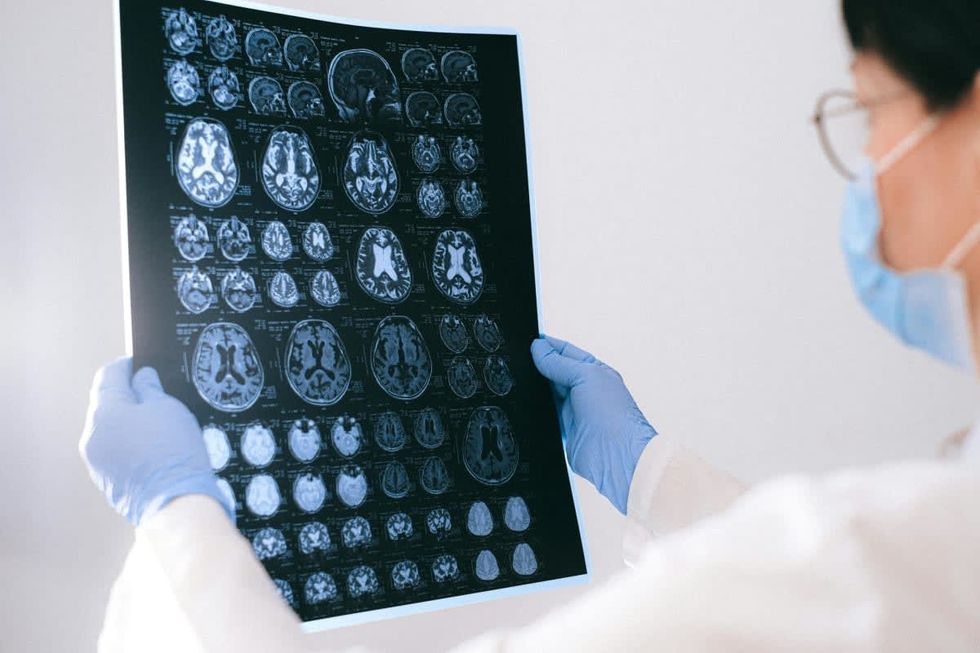
After receiving the heartbreaking news, the professor's wife's first phone call was to his Melanoma Institute Australia co-medical director, Georgina Long. "Nothing had prepared me for that phone call from Katie in Poland," Professor Long said. "When I got that call, I got a physical pain like nothing I've ever experienced before and it was grief for what Richard and his family were about to go through and for the thought of losing my dear friend and colleague."
After the phone call, Long started researching glioblastoma, speaking to experts, and looking up clinical trials. "It was a barren landscape. You could count the number of immunotherapy clinical trials for glioblastoma almost on one hand," she said. Despite no existing clinical trial available for this type of cancer, both Scolyer and his colleague Long were determined to do something. They pored through their years of research on melanoma and figured out a set of immunotherapy drugs that Scolyer would be given as an experiment before surgery.
They announced publicly that they had "generated in 10 weeks discoveries that would normally take years." However, Scolyer told BBC that this actually came with huge risks. Many doctors were concerned whether the immunotherapy drugs would even reach his brain. Plus, they wondered that these drugs could be toxic when mixed, and they warned that his brain could swell and he could die suddenly. But Scolyer had already decided to take a leap of faith.
Twelve days after he was given the immunotherapy drugs, Scolyer underwent surgery to have his tumor removed. Then several tests were carried out to verify if the drugs had prompted any positive effect. The test results were nothing short of “phenomenal,” Long described.
They discovered that there was a tenfold increase in the immune cells in the tumor, that they were activated against the cancer and they were bound to the drug. "Proving something that we'd already shown in melanoma, that there is no blood-brain barrier and historically conceptualized, preventing the drugs from reaching the tumor," Long said, and added, "We could not have hoped for better results."
Dr. Jeffrey S. Weber, co-leader of the center’s Melanoma Research Program, who was not involved in this research, told The New York Post, “I would think of it as sort of a Hail Mary. And it worked out, which is great for Rich. I mean, I saw him a few months ago and he looked pretty darn good.”





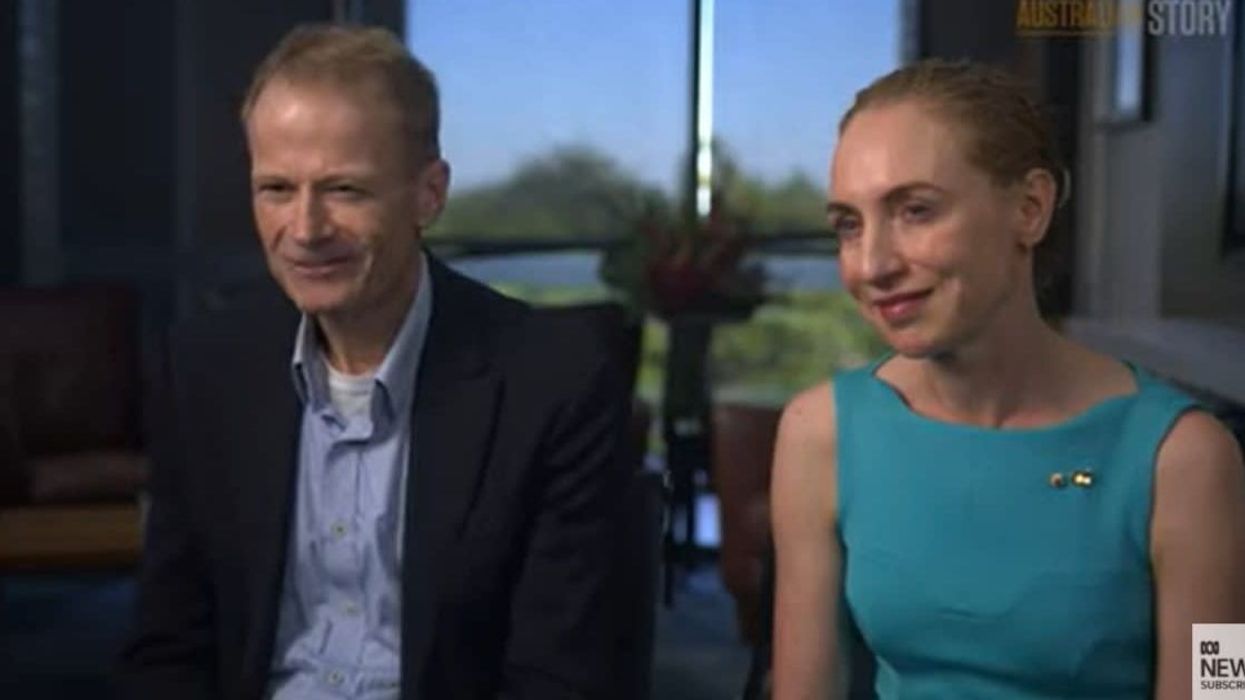


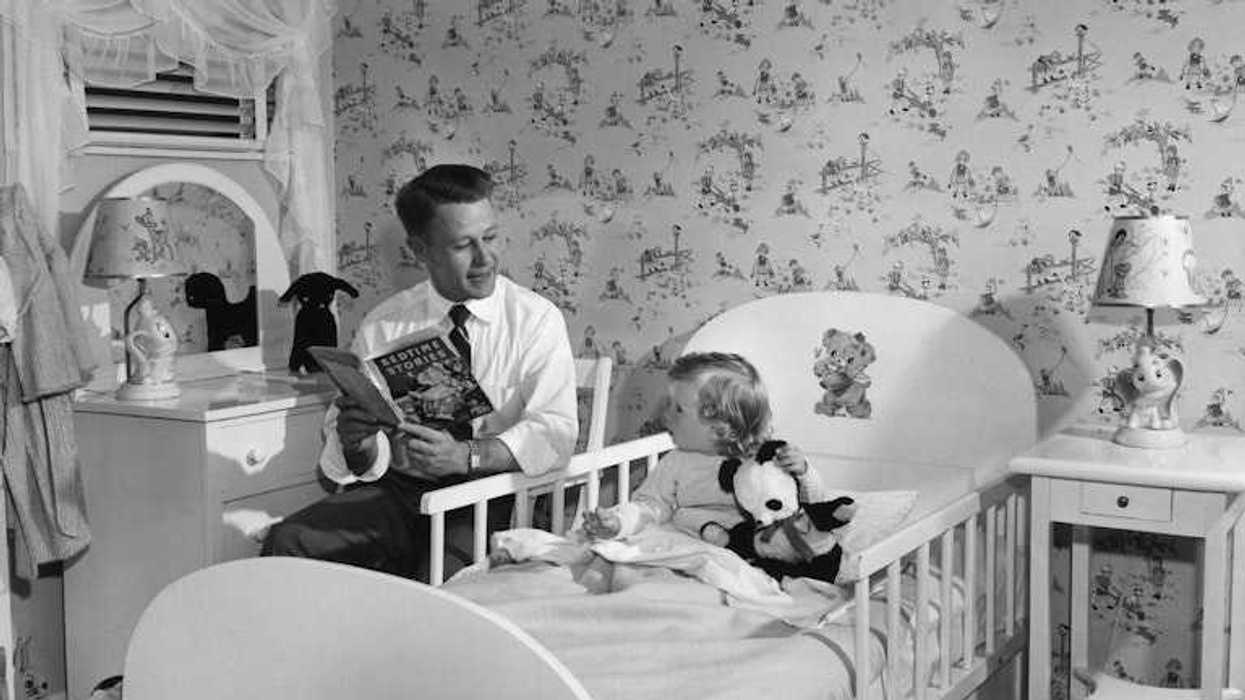








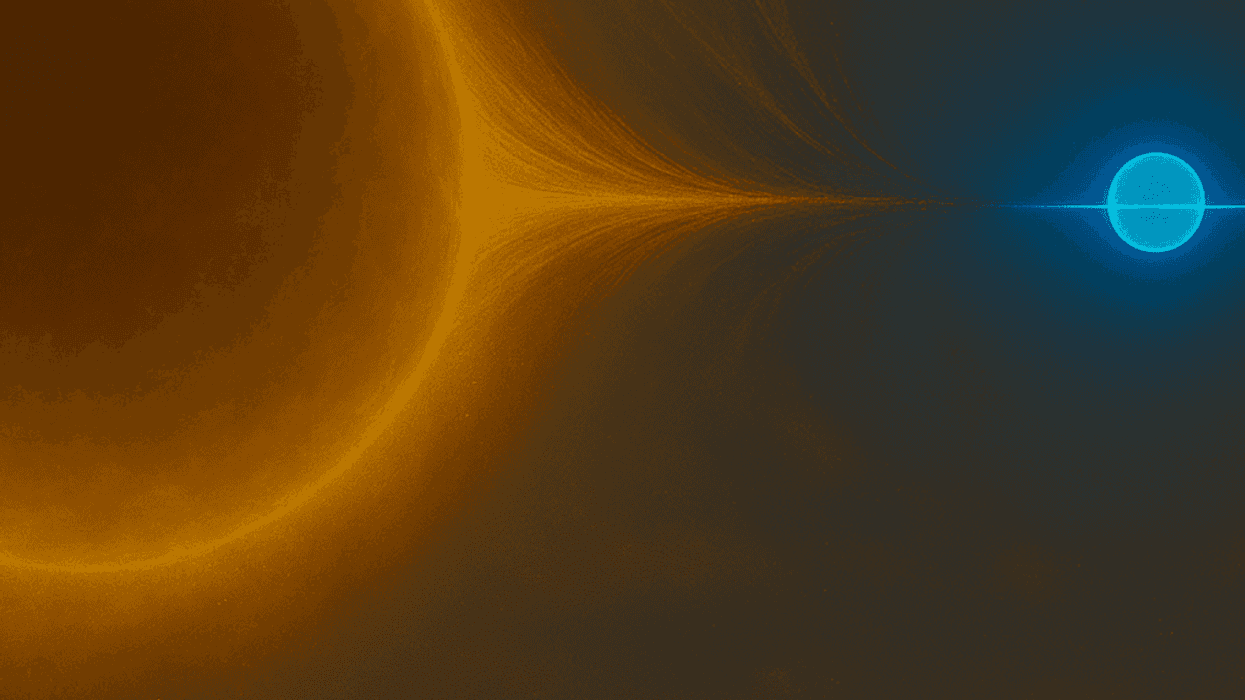




 Winter weather.
Winter weather. 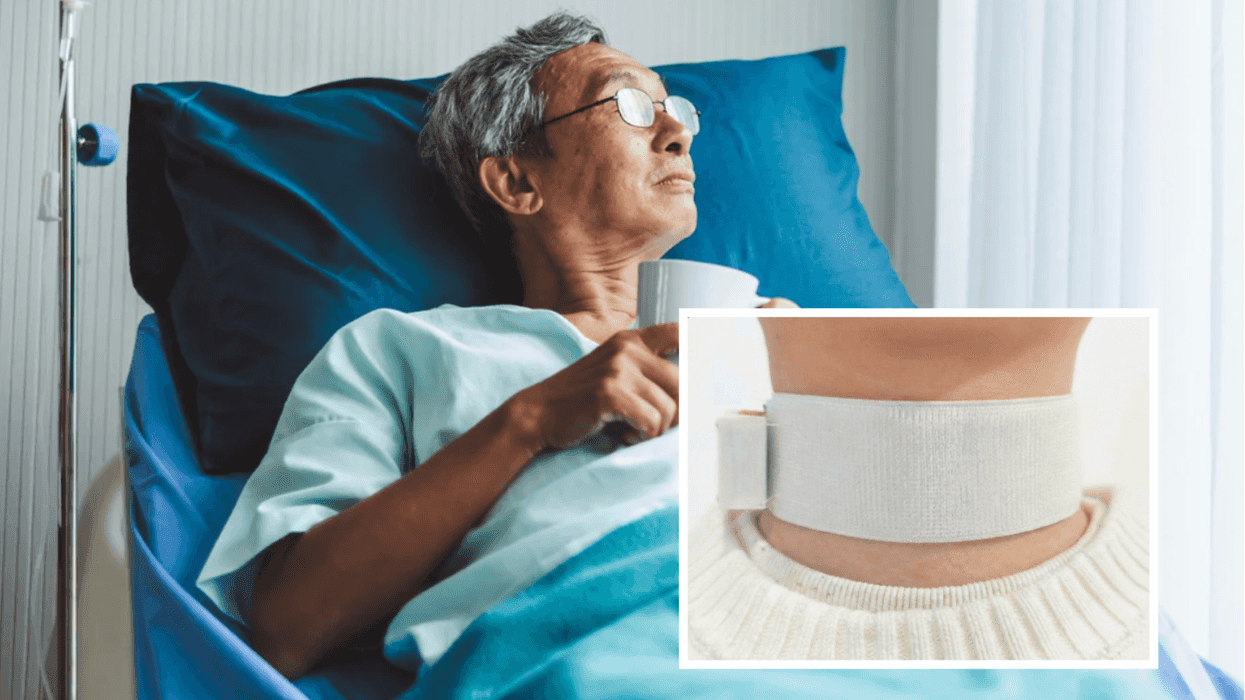

 In the past two years, two malaria vaccines have become available for babies starting at 5 months of age.
In the past two years, two malaria vaccines have become available for babies starting at 5 months of age. By exploiting vulnerabilities in the malaria parasite’s defense system, researchers hope to develop a treatment that blocks the parasite from entering cells.
By exploiting vulnerabilities in the malaria parasite’s defense system, researchers hope to develop a treatment that blocks the parasite from entering cells. Created with
Created with 
 Tasks that stretch your brain just beyond its comfort zone, such as knitting and crocheting, can improve cognitive abilities over your lifespan – and doing them in a group setting brings an additional bonus for overall health.
Tasks that stretch your brain just beyond its comfort zone, such as knitting and crocheting, can improve cognitive abilities over your lifespan – and doing them in a group setting brings an additional bonus for overall health. Overdoing any task, whether it be weight training or sitting at the computer for too long, can overtax the muscles as well as the brain.
Overdoing any task, whether it be weight training or sitting at the computer for too long, can overtax the muscles as well as the brain.